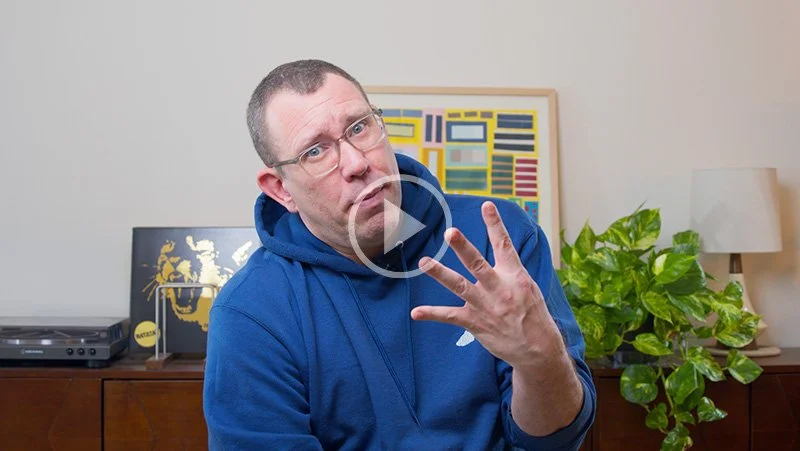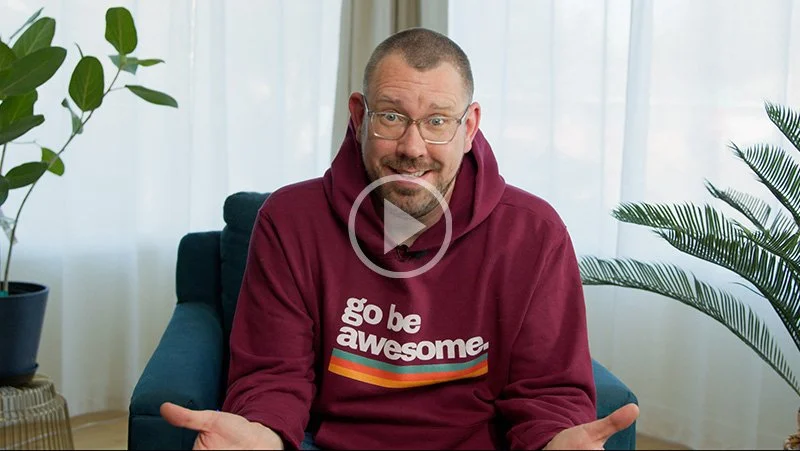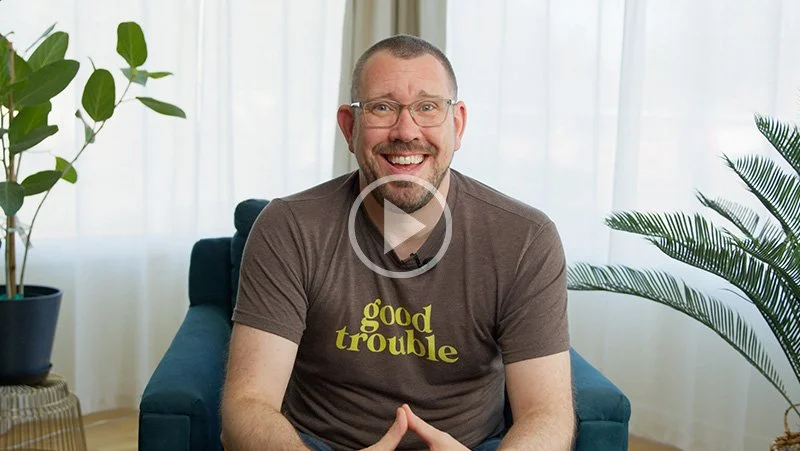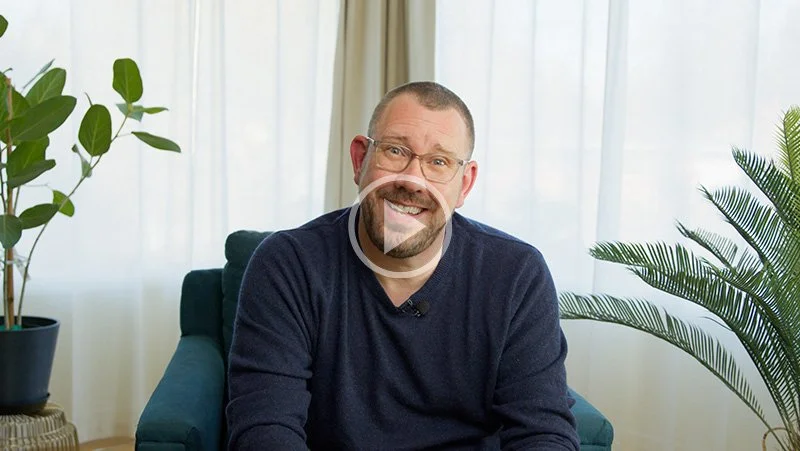Personality Tests & Self Awareness
Welcome to the #culturedrop. Every Tuesday, Galen Emanuele emails tools to advance leadership skills, team culture, and personal growth. No spam, just great content. Sign up now to get it in your inbox.
Know thyself: Three personality tests (I think) every leader should understand.
Personality tests. Some people love 'em, some people hate 'em. I personally find them to be really valuable and to cover a lot of ground when it comes to understanding yourself and others.
If you’re in any kind of leadership role, and also just in general as a human, having more understanding of how you and the people around you are wired and what makes them tick can be a game changer.
I’m a big fan of anything that helps people increase their self-awareness, especially the ones that help us understand how we naturally think, behave, and work best with others. Over the years, the three personality frameworks I keep coming back to and find incredibly useful: Myers-Briggs, DISC, & StrengthsFinder.
Here’s a quick overview of each of them.
1. Myers-Briggs: a personality test.
If you’re not familiar with the Myers-Briggs test, you’ve at least probably heard someone say “I’m an ENFP” or “She’s an ISTJ.” That’s the Myers-Briggs Type Indicator (MBTI). It’s one of the most widely known personality assessments out there. It gives you a pretty decent high-level understanding of how you’re wired.
It’s based on four preference pairs:
Introversion (I) / Extraversion (E)
Sensing (S) / Intuition (N)
Thinking (T) / Feeling (F)
Judging (J) / Perceiving (P)
The result is a four-letter personality type that helps you understand how you process information, make decisions, and interact with the world. It's a great starting point for understanding your personal style, and how others might operate differently.
2. DISC: a behavioral test.
While Myers-Briggs is all about personality, the DISC assessment focuses on behavior—how you tend to act in different environments, especially under pressure or within teams.
DISC breaks behavior down into four categories:
Dominance
Influence
Steadiness
Conscientiousness
Unlike Myers-Briggs, which is more about inner tendencies, DISC is more practical when it comes to team dynamics. It helps you understand things like how someone will likely handle conflict, how they communicate, and what kind of environment brings out their best (or worst).
It’s an incredibly helpful tool for managing people, giving feedback, or even just navigating group projects more effectively.
3. StrengthsFinder: what you’re naturally great at.
My thirs top pick is StrengthsFinder (now known as CliftonStrengths), which is all about identifying your natural talents. The basic test results in a list of your top five “strengths,” or areas where your brain naturally excels.
For example, mine are:
Strategy, Activator, Maximizer, Relater, & Positivity.
“... when someone is doing work that taps into their unique strengths, it puts them in flow, makes them more productive, more fulfilled...”
The test is designed around what energizes someone and what they are naturally gifted at, drawn to, and get charged up by doing.
The idea is that when someone is doing work that taps into their unique strengths, it puts them in flow, makes them more productive, more fulfilled, and frankly, more useful to a team.
Why it matters.
Being familiar with tools like Myers-Briggs, DISC, and StrengthsFinder can offer genuine insight into how you and your teammates operate.
When you know your own tendencies, how you think, behave, and what activities charge your batteries and cause you to thrive, it becomes easier to make intentional decisions about your career, communication style, and how you show up as a leader.
And, very importantly, when you understand the people around you at this level, it creates a foundation for more trust, empathy, better communication, relationships, and collaboration.
“In my book, any tool that helps us understand one another more and work better together is worthwhile.”
And while I’m a fan, I also know that they’re not perfect or scientific down to the decimal. They certainly don’t tell you everything there is to know about a person, but I do find them consistently accurate enough to be insightful and useful. And in my book, any tool that helps us understand one another more and work better together is worthwhile.
Related Blogs:
DEI: Awareness Blind Spots & Other People's Experience
Improving Emotional Intelligence Part 4: Stop Talking Only About You
Want more?
This article was created by Galen Emanuele for the #culturedrop. Free leadership and team culture content in less than 5 minutes a week. Check out the rest of this month's content and subscribe to the Culture Drop at https://bit.ly/culturedrop








